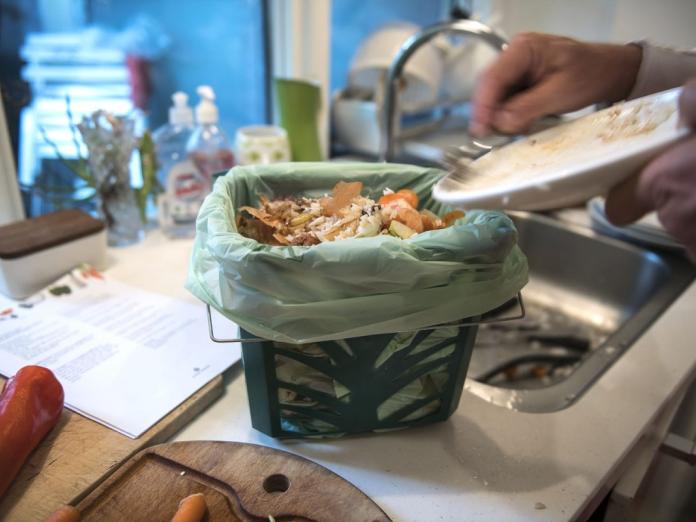Emerging Technologies for Treating Organic Waste in Copenhagen

The City of Copenhagen has taken a lead to find new high quality uses of organic waste.
The city has partnered with the Department of Environmental Engineering at the Technical University of Denmark to strengthen the circular bioeconomy and create high value products higher up in the hierarchy for biological resources.
When Copenhagen citizens sort their organic waste, it is processed and refined into biogas and used for electricity and heat. But new emerging technologies for treating organic waste have the potential to increase the value of the collected waste.
The Technical University of Denmark has successfully used the biogas to produce Single Cell Proteins, which can be used for animal fodder and may, in the future, prove to be a new supplement and source of protein in human diets.
Lab tests have also produced lactic acid and succinic acid from organic waste. Lactic acid is widely used in the food industry (pH buffer, flavouring, preservative), but it can also build biodegradable polymers, green solvents and chemicals. Succinic acid is used as a precursor for multiple chemicals in both chemical and pharmaceutical industry, as well as in the production of biodegradable plastic polymers.
Finally, the organics waste can also be used to produce a high-quality fertilizer for agriculture from the end-product after anaerobic digestion.